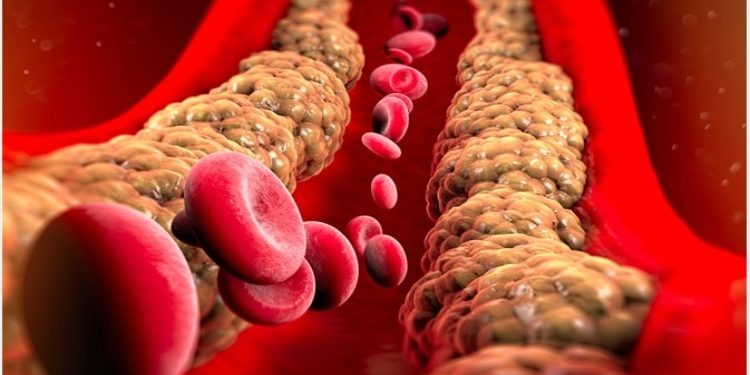If you are wondering what the relationship between triglycerides and heart disease is, you are not alone. Many people are not aware of the many consequences of high triglycerides in your body. When you have too much fat in your system, your body starts to store it as fat. This causes your body to hold onto the fat that it needs for energy. The more fat you have on your body the more likely you are to develop cardiovascular disease.
High triglycerides can cause your cholesterol to be higher than normal. Cholesterol is an essential substance needed by the body to function properly. Without cholesterol, there are no hormones, no cell membranes, and ultimately no life. Learning how to lower your triglycerides and reduce your cholesterol will help you lead a longer and healthier life.
Learning how triglycerides affect your health begins with understanding what happens when your body is full. When your stomach is filled with food, your body must work extra hard to remove the food from your stomach. In order to do this, it must pump blood through your body at high speeds. This pumping effect causes an increase in blood pressure, raises your pulse rate, and increases the amount of fat your body holds.
As you can see there are a number of negative implications of having a high amount of triglycerides in your body. The most obvious of these effects occur in the liver. When there is a high amount of triglycerides present in your liver cells, they begin to grow fat. This increased growth of fat causes a condition called fatty liver, which has a number of negative consequences.
Fatty liver can lead to the formation of fibrous plaques that are present in your liver cells. In this condition, they begin to accumulate and eventually block access to your liver. As more of these plaques build up they become thicker and larger. Once they reach a point where they are obstructing access to your liver, they begin to slowly deteriorate and collapse.
Another way in which learning how triglycerides affect your health can be directly related to your cholesterol. When your body has a high level of triglycerides it can often result in higher levels of cholesterol. Cholesterol is important to keeping your bodily processes running smoothly but too much of it can actually damage your heart and other parts of your body. High levels of cholesterol can contribute to the development of arteriosclerosis and can even lead to a condition known as atherosclerosis.
Knowing how triglycerides affect your health may lead you to another important question. How can high triglyceride levels be good for you? One of the ways that high triglyceride levels are linked to heart health is that they take longer for the heart to beat. By lowering your triglyceride levels you will be reducing the amount of time that your heart takes to beat your heart out. This can potentially reduce your blood pressure and your risk for heart attack or stroke greatly.
Learning how triglycerides affect your health can give you some important answers about what you can do to maintain your health. Your diet plays an important part in your overall health, so making some simple changes can go a long way in keeping your heart healthy. Lowering your triglyceride levels will help you control your cholesterol and increase the good cholesterol in your arteries. This in turn will have a positive effect on your health overall.
There are two types of dietary changes that you can make that will have a profound effect on how triglycerides affect your health. The first type of change will be a simple change in what you eat. A simple change to eating less fatty foods and more fiber-rich foods can have a dramatic effect on the levels of bad LDL cholesterol in your bloodstream. HDL, on the other hand, will be increasing the good cholesterol in your arteries. A combination of these types of diets can have a very positive effect on your overall health.
Understanding how triglycerides affect your health is only part of the equation. You need to learn also how your overall lifestyle affects your health and then make some changes that will help to correct the problems. For example, if your weight is becoming a problem, you can easily take steps to reduce the number of fatty foods in your diet and begin exercising. Reducing your alcohol consumption and making sure that you get enough rest can also help you reduce your triglyceride levels.
Knowing how triglycerides affect your health is important. It gives you a tool to help you combat the risk factors associated with this condition. You should also be aware that your diet has an impact on whether or not you develop this condition. Once you understand the causes and the risk factors associated with your triglyceride level, it is much easier to make healthy lifestyle changes and correct the issues that do occur.






























